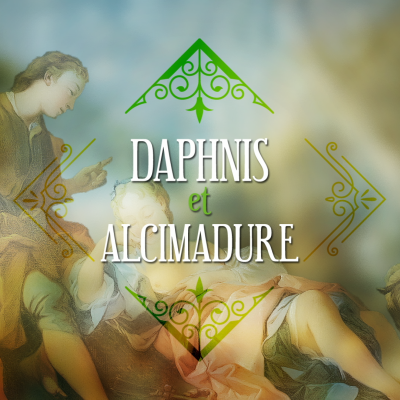
Daphnis et Alcimadure
What a strange idea Mondonville had!
Based on a cruel fable by La Fontaine with a tragic ending, he wrote a charming opera libretto with a happy ending, and composed a delightful pastoral.
In the prologue, Dame Clémence Isaure, the mythical founder of the Jeux Floraux in Toulouse, sings in French the pretext of the pastoral: banter would maintain the constancy of love.
Here, contrary to the fable, there is no court nobility but that of the heart: Daphnis, a young shepherd, is dying of love for Alcimadure, a coquettish village girl in love with freedom who despises him. Jeanet, the beautiful woman's brother, tries to convince her that he is the ideal beloved. The wolf who terrorises the village gets involved. Will everything work out in the end?
Born in 1711 in Narbonne, Jean Joseph Cassanéa de Mondonville, a virtuoso violinist, was a composer at the Royal Chapel in Versailles and at the Concert Spirituel. In 1754, wanting to seduce Louis XV and the Dauphine, he offered, in Fontainebleau, Daphnis et Alcimadure in the langue d'Oc, an opera sung by the most famous performers of the time: "Establishing, at the Royal Academy of Music, a pastoral in the Occitan dialect was a challenge; it was a triumph", he declared.
Mondonville died on 8 October 1772, and this performance celebrates the 250th anniversary of his death.
Jean-Joseph Cassanéa de Mondonville: Daphnis et Alcimadure







